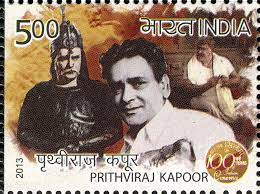Maharshi Bulusu Sambamurthy, born on 04 November 1886, in Dulla, East Godavari district, Andhra Pradesh, was a distinguished lawyer, politician, and social reformer who made significant contributions to Indian society. He was well-known for his role in the Indian independence movement and his efforts in championing social and educational reforms.
Early Life and Education
Bulusu Sambamurthy was a bright student and pursued his education diligently. He completed his law degree and started practicing as a lawyer. His keen interest in public affairs and justice led him to actively participate in the Indian freedom struggle.
Role in Indian Independence Movement
Sambamurthy was deeply influenced by Mahatma Gandhi and became an ardent follower of his principles of non-violence and civil disobedience. He actively participated in various movements and protests against British colonial rule. His leadership and dedication earned him respect and admiration from his contemporaries and the general public.
Political Career
Sambamurthy was a prominent leader in the Indian National Congress. He served in various capacities, including as a member of the Madras Legislative Council and later as a member of the Indian Constituent Assembly, where he played a crucial role in shaping the future of independent India.
Contributions to Education and Social Reform
One of his significant contributions was in the field of education. He was a strong advocate for the education of women and the underprivileged. Sambamurthy worked tirelessly to establish schools and colleges, ensuring access to quality education for all sections of society.
Social Reforms
Sambamurthy was also a pioneer in social reforms. He fought against social evils like untouchability and child marriage, promoting equality and justice. His efforts in promoting social harmony and upliftment of the marginalized sections of society were commendable.
Death and Legacy
Maharshi Bulusu Sambamurthy passed away on 03 February 1958. His life and work continue to inspire future generations. His legacy is remembered through various institutions and initiatives named in his honor, reflecting his enduring impact on Indian society.
Sambamurthy's contributions to India's freedom struggle, education, and social reforms remain a testament to his vision and dedication to the betterment of society.









